A Notable Mechanical Figure in the Evolution of Robots
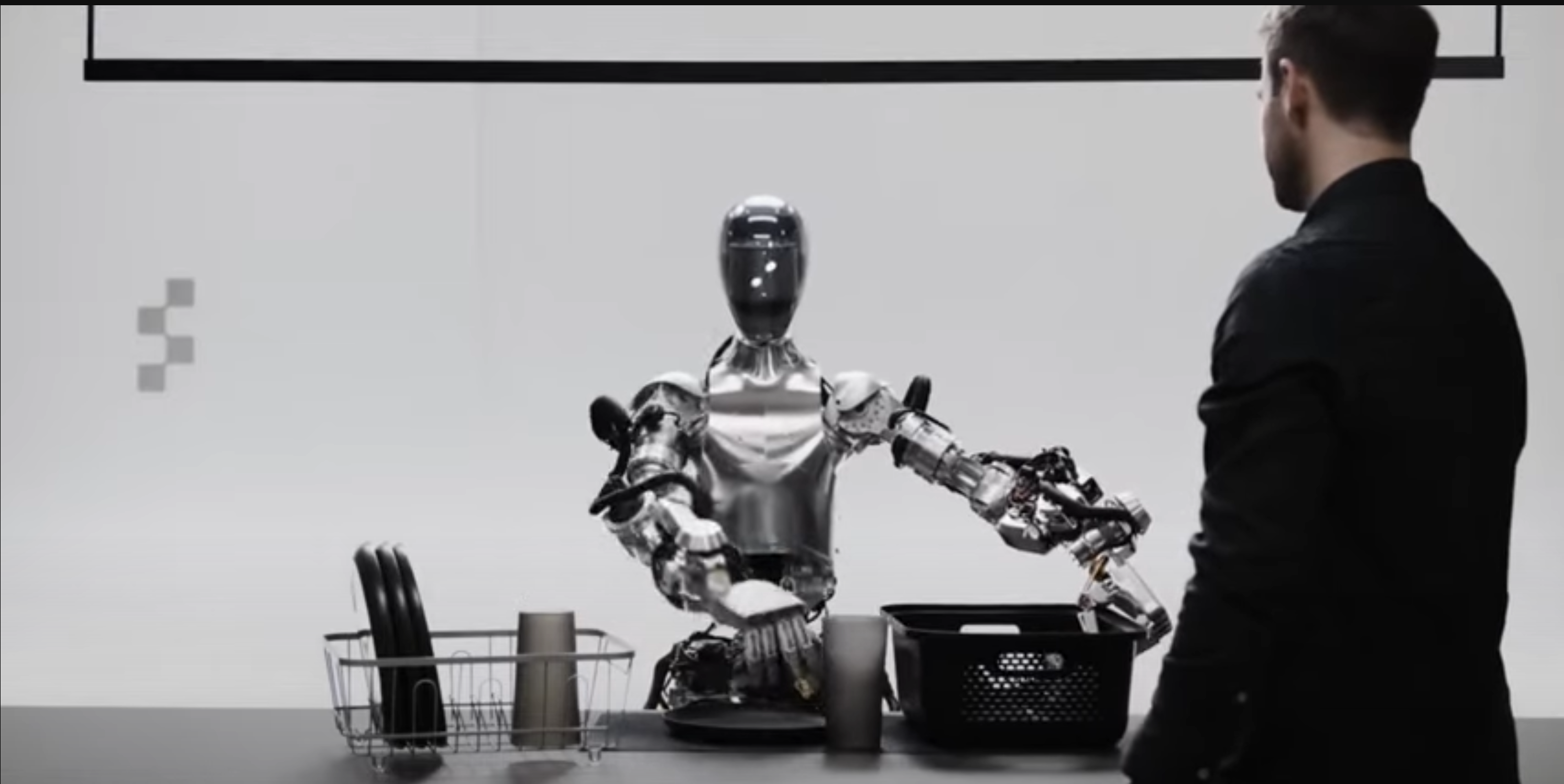
The convergence of ‘chatbots’, artificial voice, and artificial biped technologies has finally converge into an early version of the world’s first true robot.

The convergence of ‘chatbots’, artificial voice, and artificial biped technologies has finally converge into an early version of the world’s first true robot.
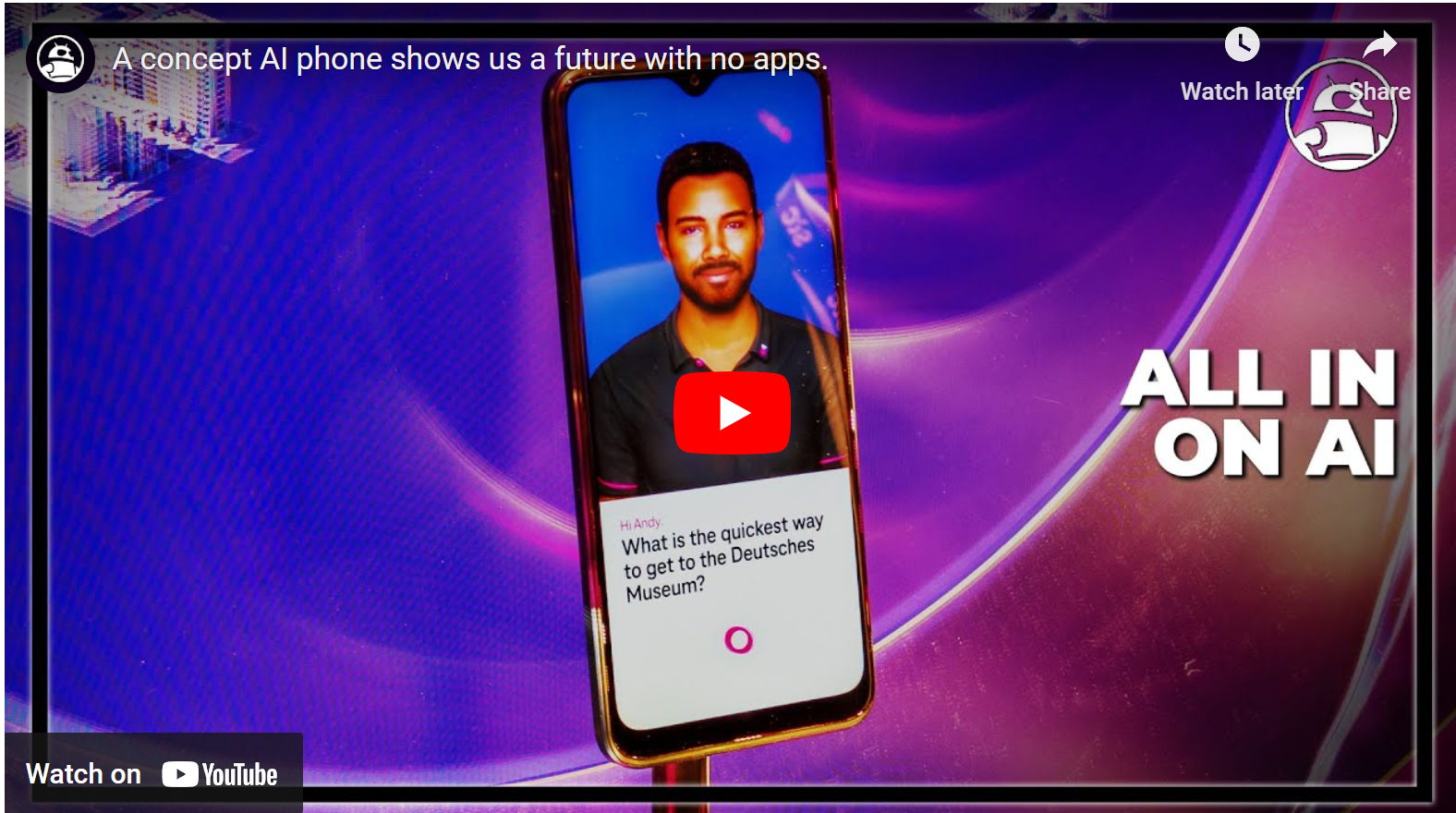
I wholeheartedly agree with this five-minute video story by Android Authority that the smartphone of the future won’t have or use Apps (i.e., individual single-purpose software applications) but instead simply use Artificial Intelligence (AI) to communicate/find/view.obtain/what its users wants.

I fear that a ‘golden age’ of ‘deceptive propaganda and deceptive marketing has begun now that realistic-appearing artificial videos can now be created by machine learning and Artificial Intelligences.
Why I’ve finally cancelled my subscriptions to Wired and to National Geographic magazines.
Hey, you folks, experimenting with ChatGPT’s Artificial Intelligence for journalism or other reasons. Have you considered it unfortunately can also be used for hacking? This guy has, as he demonstrates. Twitter owner Elon Musk is shutting down the Revue emailed newsletter service,…

Journalism professors who themselves have no academic training or professional experience in business yet who either believe they have solutions to the news industries’ business problems or who without that training or experience teach ‘media entrepreneurship’ dilute and interfere with the real solutions to the actual problems of media management and news business models.
An evolutionary step now reached by TV and cinema is that computer-generated imagery can now reproduce any actor(s)’s visage, voice, and way of movement, so exactly and in such high resolution that the performance of the computer-generated version of the actor is indistinguishable on screen from that of the real actor.
A dozen days after partners Facebook and RayBan introduced their ‘smart glasses’, China’s Xiaomi (which is now the world’s second largest smartphone company, having surpassed Apple this year: marketshares: Samsung 19%, Xiaomi 17%, and Apple 14%), introduces its own. Fan in Hungary…
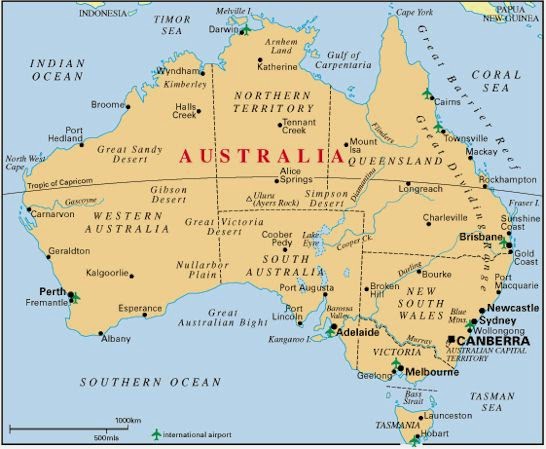
Should companies such as Google and Facebook be forced to compensate publishers and broadcasters for linking? Also, does Facebook censor conservatives? And congratulations to the International Fact-Checkers Network on its Nobel Peace Prize nomination!

R.I.P., Tiffany Shackleford, executive director of the Society of News Design. Adobe ceases all support for Adobe Flash. And Nikon stops building cameras in Japan.

It’s a Beatles vs. Rolling Stones question. What’s the difference between invention and innovation? Invention creates something that had no precursor; innovation makes remarkably better something that had a precursor. The world lauds inventors (Gutenberg, Edison, Marconi, Tesla, et. al.). Yet innovators often have greater effects on our everyday lives, plus it’s much easier to become one. If you’re open to new ideas! Take the example of a Japanese small foundry that found a way to reverse its fortune by being open-mined enough to turn what others called a flaw into a feature. View this four-minute video about Nousaku.[click the headline to read more]
Although 20 percent of British households already own a computerized voice service, such as Amazon Echo or Google Assistant, the government-funded British Broadcasting Corporation (BBC) will launch its own version called Beeb, according to a report in the Guardian newspaper and TechCrunch.…
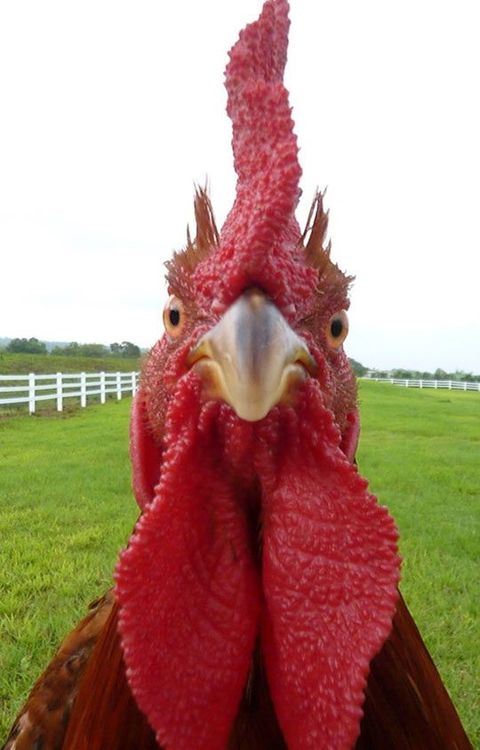
Although the folk tale of Hane Pene [Danish: ‘Rooster Pene’) was originally Scandinavian, I tend to think of it as American whenever North Americans talk about forms of Artificial Intelligence (AI). The Dane. Just Mathias Thiele in 1823 published one of the…
With nostalgia and some sadness, my family today announced that after 140 years, it’s leaving the newspaper business on May 1st. The daily Chronicle of Willimantic, Connecticut, founded by my step-great-great-grandfather John A. MacDonald in 1877, will be sold at the end…

Previous webpage: Some Corollaries of the Interactions of Moore’s, Cooper’s, and Butters’ Laws As Moore’s, Cooper’s, and Butters’ laws exponentially increased the power of computer chips and the bandwidth of the fiber optic lines and wireless signals connecting those chips, billions of people…

One of the most audacious New Media projects I’ve been involved with as a viability consultant is Outernet, my friend Syed Karim‘s project to bring free Internet access to more than four billion people. He plans to do this by piggybacking a…

In 2004, the offices the Malaysian investigative news website Malaysiakini rented in the Kuala Lumpur suburb of Bangsar Utama were raided by police. That spooked the building’s landlord, who evicted the 14 year-old Malaysiakini. The site’s journalists briefly worked from a nearby…
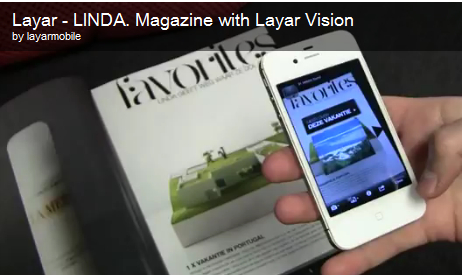
We’re generally not a company that emphasizes a continuing role for paper (as opposed to epaper) in the future, but we are enthusiastic about some of the Augmented Reality mobile phone applications being developed by the Dutch company Layar for use with…
I’ve overwhelmingly tempted to quote words written for the Michael Corleone character by Mario Puzo and Francis Ford Coppola in their 1990 movie and novel The Godfather III: “Just when I thought I was out… they pull me back in.” Except that I’m…

Ian Alexander Davies, 49, of Topcroft, Norfolk, U.K., a husband, father of two, newspaper and magazine New Media expert, and an ardent private pilot, died Wednesday when the two-person aerobatic biplane he was aboard collided with a crop-spraying tractor as the biplane was approaching the runway at an airfield near his hometown.
Syracuse University’s Newhouse Schools has an opening for a Multimedia Newspaper Professor.
Why I’m late posting the third part of my essay ‘Transforming American Newspapers’; my plans to teach a graduate school course about Using New Media to Circumvent Censorship; and a brief thought about gPhones.
I’m back! I’d taken a year off for reflection. After concluding that no daily newspaper executive in North America knows where their industry is headed, I went back to school approximately this time last year. I’d hoped that news media academics might…
Why I’ve been absent during the past seven weeks.
Starting Monday, I have accepted a position as Adjunct Professor of Visual and Interactive Communications and Senior Consultant on Executive Education for New Media at the S.I. Newhouse School of Public Communications at Syracuse University and will be relocating there.
Dirck Halstead, editor and publisher of The Digital Journalist, wins lifetime achievement award.
Today’s reading: An Adweek article about ‘Web. 2.0’ in traditional publications; Alan Rusbringer’s prediction that ‘We’re all doomed to be surprised;’ the AOPUK’s short list of winners; a directory of interactive maps about crime; the Wall Street Journal’s Carl Bialik describes how the very large number needed just to comprehend total the cash cost of the U.S. invasion of Iraq; Veterans Administration security officers detain a Syracuse journalism student who dared photograph a hospital from a public place; and what might North Korea do now that it has its own top-level domain on the Internet.
Today is my 5,000th day working full-time in new-media. Let me tell you what I’ve seen, and to restate why I’m in the news business.
I recommend Bill Moyers’ speech to the Association for Education in Journalism & Mass Communications conference last week. Moreover, is part of the problem in journalism schools that incoming students pre-decide that they want to be old media journalists?
Congratulations to Elan Lohmann of News24.com in South Africa, who will chair Ifra’s 15th World Digital Publishing Conference this year. On other topics: Traffic to newspaper web sites has declined this month; approximately 80 percent of the American consumers who use magazines’ websites don’t read the print editions; Veronis Suhler Stevenson says that American consumers last year used media less than in previous years, the first first time in recent memory that the amount of time consumers spend with media has declined; and The New York Times publishes a story about what happens when a company mistakenly tries to use a new medium as a mass medium.
The American Audit Bureau of Circulations’ attempt to combine print circulation and online traffic is sleight-of-hand; UK online journalist earn more money than their print compatriots; and Conde Nasté’s YouTube channels are laudable but examples of a changing media battlefield that the company is losing.
Forget most financial reports from newspaper companies. The Dead Tree Digital Replacement Index calculates if a newspaper company’s digital revenue gains compensate for the company’s print edition revenue losses.
A parody of what Murdoch’s Wall Street Journal might be like; neither the current UPI nor Pan Am are real; funding doesn’t mean much except money; Abel Mutsakani is shot; and Reuter’s burning bad luck at the Tour de France.
Why isn’t World Press Freedom Day commemorated by U.S. domestic media?
Reasons why there have been few posts here. Plus, what the main reason for newspapers’ readership declines is not. Plus, today’s observations
News websites should promote World Press Freedom Day on May 3rd.
Startup companies no longer seek access to major media to disseminate their content. The opposite is true.
I’ll be traveling during most of November, and I look forward to seeing friends and business acquaintances on these date and cities: Vienna, November 8-12, where I’ll be co-chairing & co-moderating Ifra’s 14th annual Beyond the Printed Word world electronic publishing conference…
Singapore River – © Vin Crosbie During a BloggerCon conference a few years ago at Harvard University, Jeff Jarvis was lecturing about why businesses should blog. Knowing that this site had been blogging, he picked me out of the audience and…
Many thanks to friends who sent me best wishes when I was ill last month.
We ask your patience as we redesign our website.
At the root of most publishing and broadcasting companies problems understanding and adapting to the New Medium is they actually misunderstand what a medium is. I’ve long been reluctant to explain this misunderstanding because I’ll need a long post to do so. This is it, a new version of my 1998 essay What is New Media?. It’s long, but I consider it the most important thing I have ever written except for the original essay, and hope you’ll forebear its length. I need to have this new version online because I plan to refer to it in future postings, specifically those about what radical changes that media companies need to implement.
Why online news sites should devote a home page banner ad to World Press Freedom Day on May 3rd.
Today’s Goodies: A webcast of Bob ‘Thorn in the Side of the Newspaper Industry’ Cauthorn; a Gordon Parks retrospective in The Digital Journalist; brilliant coverage by the Houston Chronicle and El País; Miami Herald Miami Herald Executive Editor Tom Fiedler’s memo to his staff; Heidi Cohen on what advertisers should do now that publishers of printed periodicals are finally getting serious about shifting their business online; The Tyndall Report on ABC, CBS, and NBC news; Eight Diagram’s interviews with photographers & writers; and my beta test of Google Content Blocker.
“Free at last! free at last! thank God Almighty, we are free at last!” — old Negro spiritual. In my case, free of an unusual Non-Disclosure Agreement that expired April 1st. For the first time in a decade of full-time consulting, I…
Pulitzer Prize-winning humor columnist Dave Barry explains why he stopped writing a newspaper column, why he thinks newspapers are dead, and his opinion of newspaper podcasting.
Welcome to students of the University of Waikato’s Screen & Media Studies school in New Zealand who are using our 1998 ‘What is New Media?’ essay as the first tutorial assignment in their ‘SMST101-06A SCREEN STUDIES 1 – The Moving Image; course.
The World Association of Newspapers creates the Gebran Tueni Award, which will annually honor a newspaper publisher or editor in the Arab world who demonstrates the press freedom values upheld by Tueni.
American printed newspaper staffing and expenses benchmarks
Why news organization that operate anonymous and unmoderated discussion forums are being reckless and actually impede transparency. And how the news industry has fallen under the spell of a techno-utopian fallacy that says it can foster a renaissance in journalism, civic involvement, and comity simply by implementing new-media technologies.